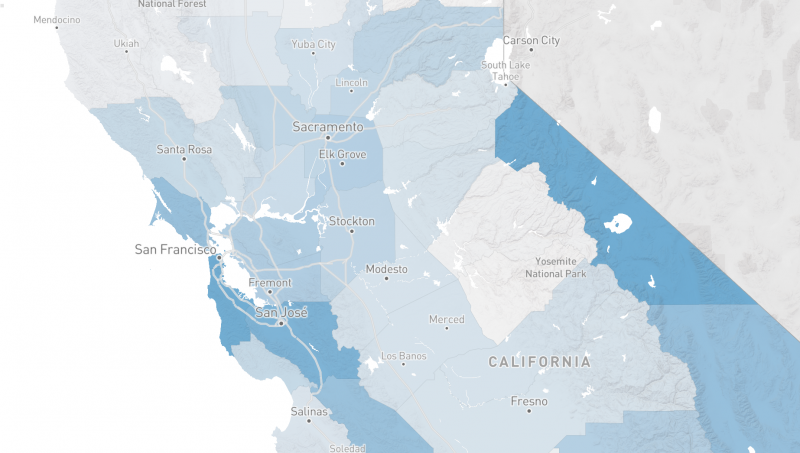For many communities of color, decades of inequality has led to worse health outcomes and higher rates of diseases like diabetes, heart failure and asthma. Now, many health experts and doctors say those already-existing disparities are also making people of color more vulnerable to the impact of the coronavirus.
Guest: Dr. Kirsten Bibbins-Domingo, UCSF professor and chair of epidemiology and biostatistics
Check out UCSF’s Health Atlas website here.

